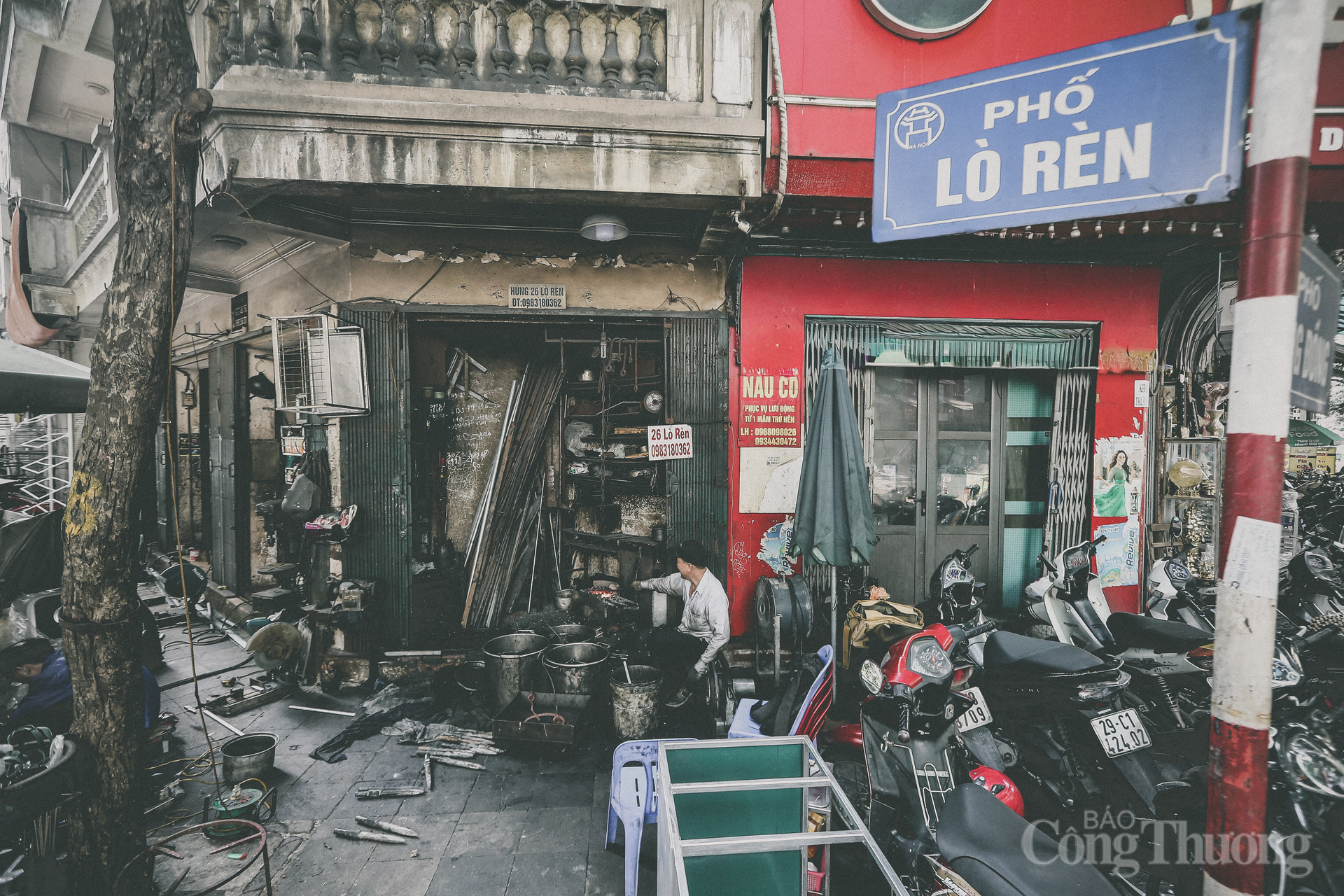
In Hanoi's Old Quarter, there is still a blacksmith diligently working on a street corner, determined to preserve his ancestors' craft. That is Mr. Nguyen Phuong Hung (born 1960) – the last remaining blacksmith in the Old Quarter, Hoan Kiem Ward, Hanoi.
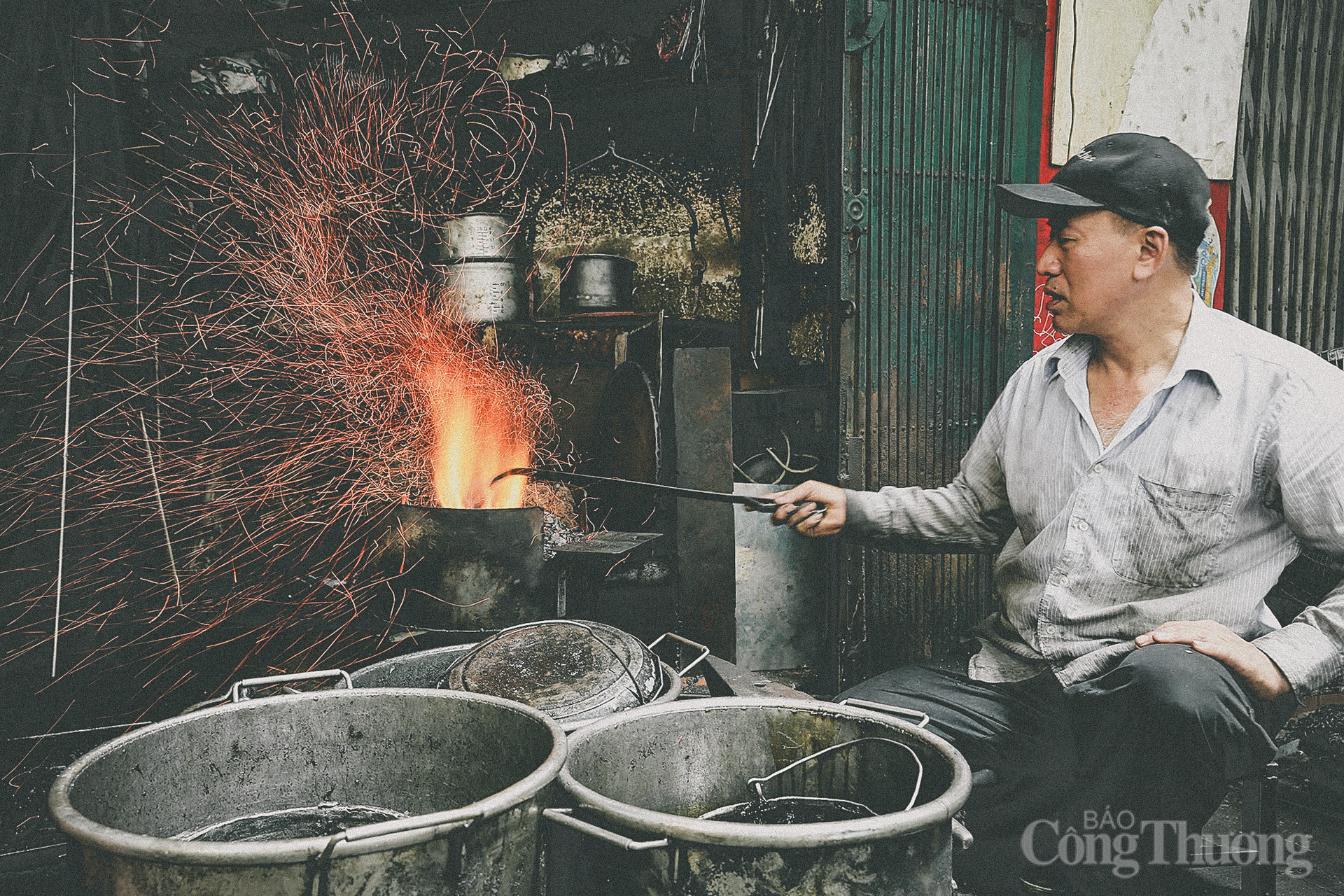
With nimble hands continuously feeding pieces of metal into the furnace, his face blackened by coal dust, and his clothes drenched in sweat under the 1,000-degree heat, Mr. Nguyen Phuong Hung embodies the spirit of a blacksmith from ancient times, preserving his ancestral craft. He is also the third generation to use this forge as a means of livelihood.
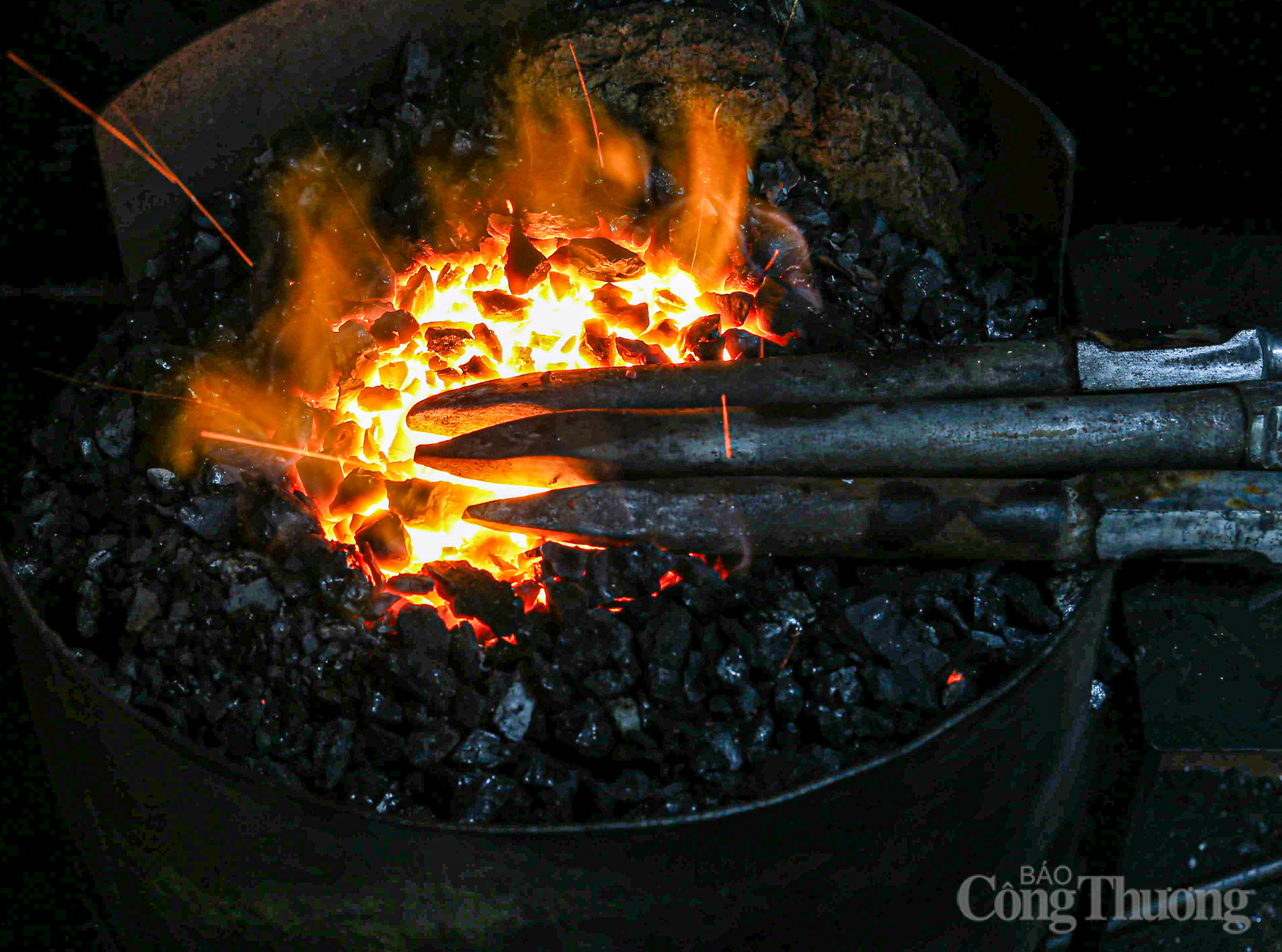
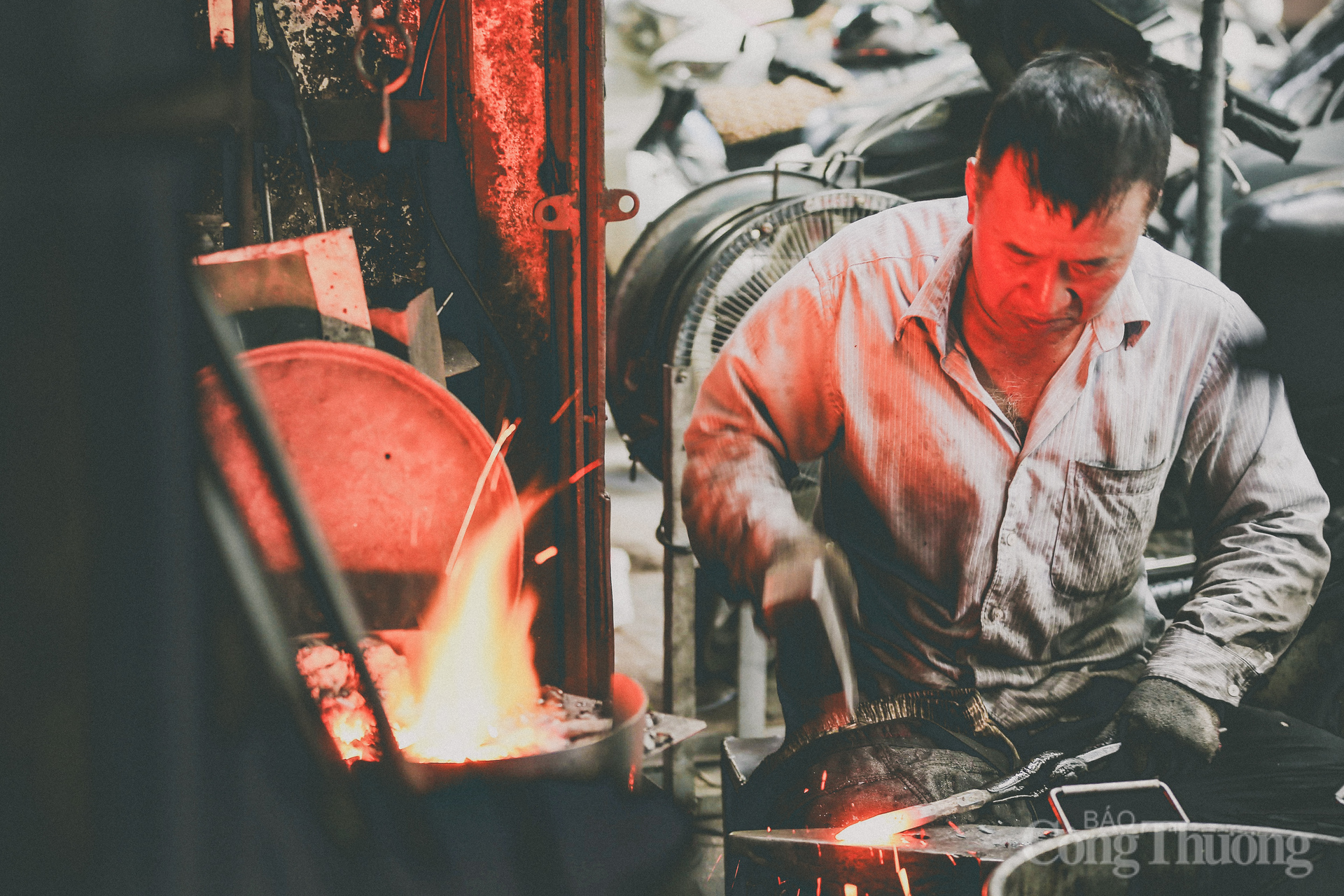
Recounting his journey into the profession, Mr. Hung said he is the third generation in his family to practice blacksmithing, a trade passed down from his grandfather. He began working at the age of 10, initially assisting his father with simple tasks like gathering coal and lighting fires before receiving formal training. Mr. Hung proudly stated that it was thanks to this blacksmith's forge that his father was able to raise seven children to adulthood, ensuring they received a good education. As a young man, Mr. Hung hated blacksmithing because of the dirt, sweat, and the stifling heat of the furnace.
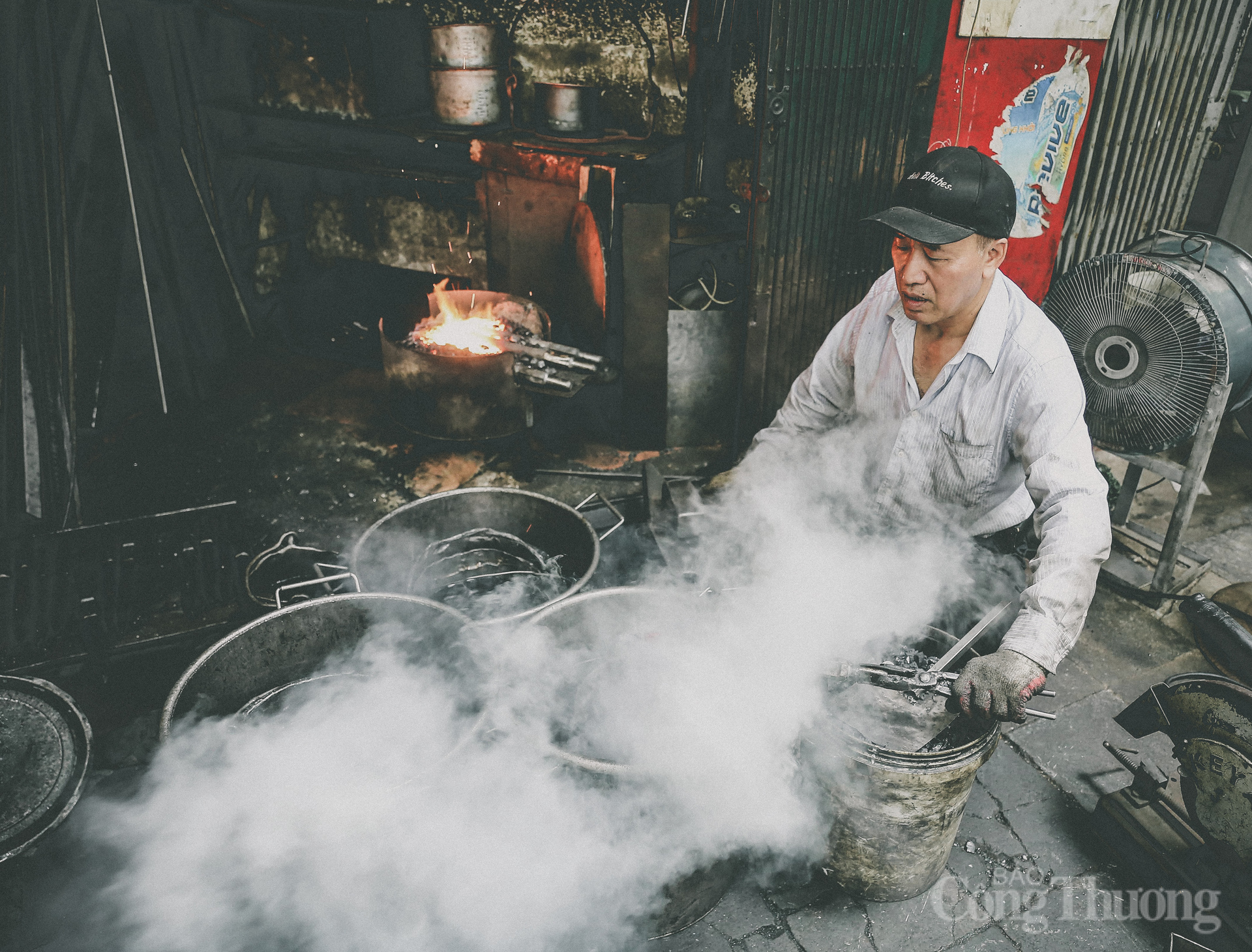
Mr. Hung's "establishment" is just a small space, about 2-3 square meters, located right on the street, opposite the bustling crowds at the beginning of Lo Ren Street. The unique thing about this family shop is that it doesn't have fixed opening hours. Mr. Hung works completely independently, without a set schedule; he starts whenever he feels like it or when there are customers. Typically, he opens from 7 am to around 5-6 pm, but if busy, he might extend his work until 10 pm.
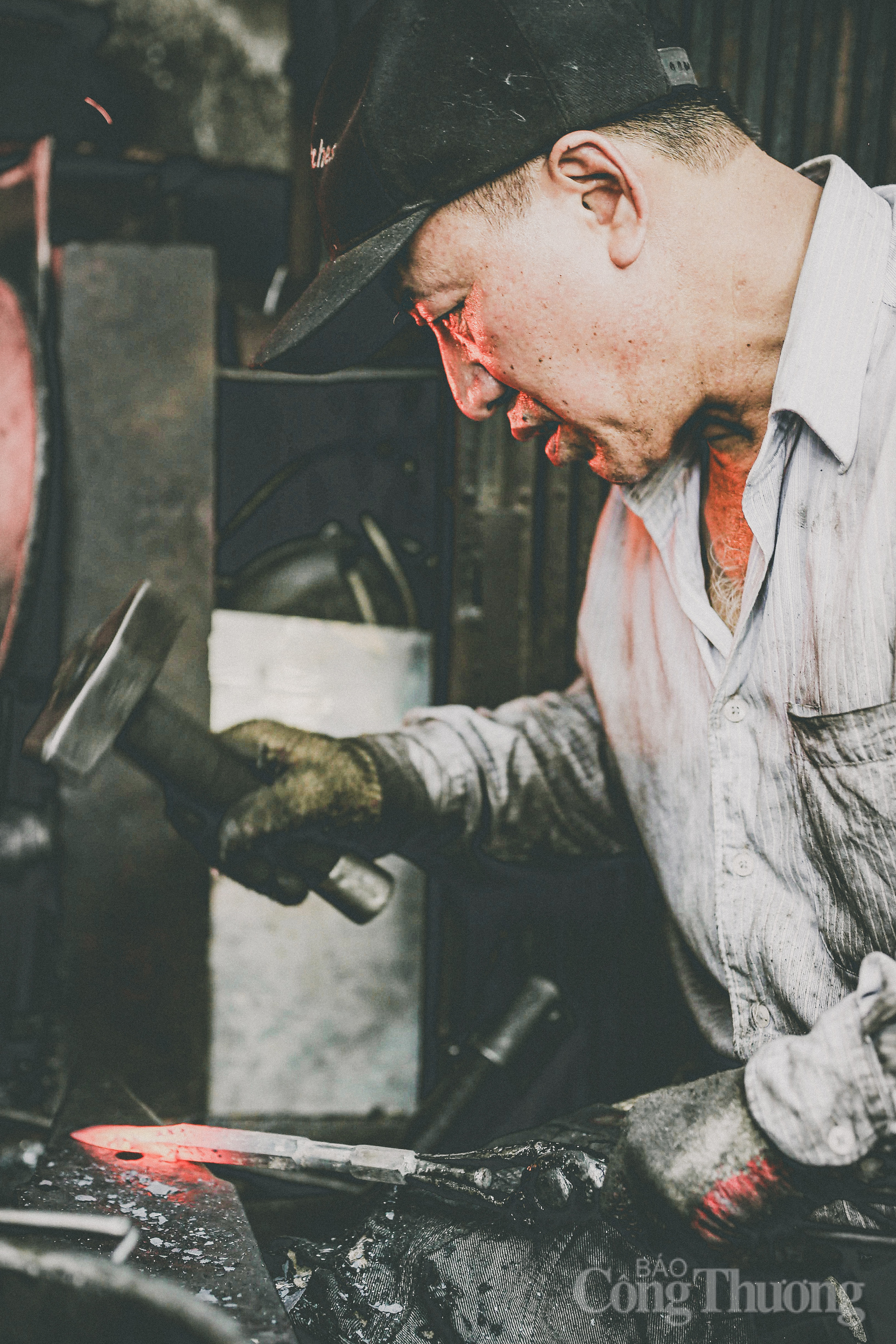
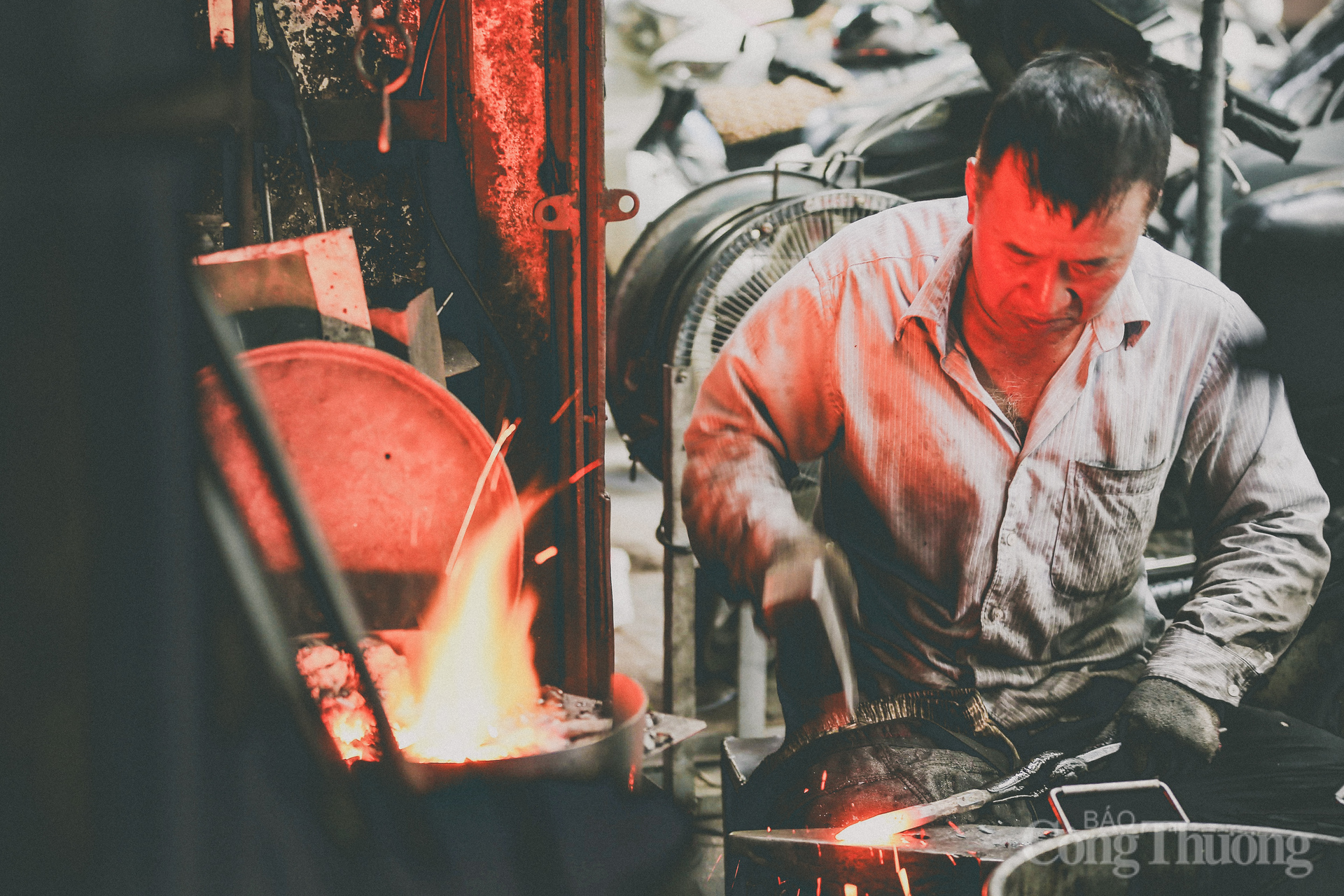
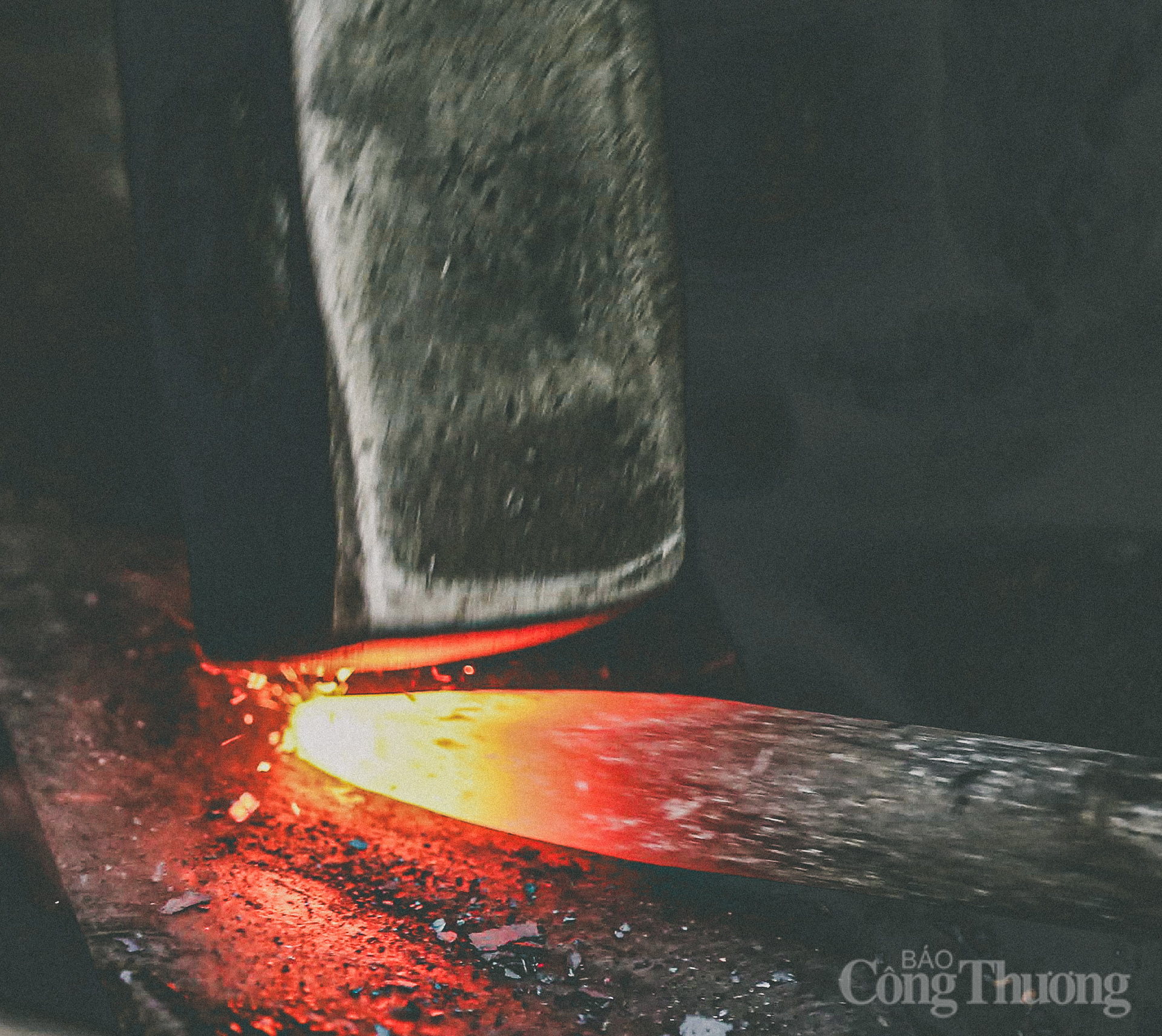
Mr. Hung recalls that when he was a child, Hanoi's Old Quarter was always bustling with the sounds of hammers and anvils from dozens of traditional blacksmiths' workshops scattered throughout the alleys. However, the development of society and the emergence of modern building material stores gradually "overshadowed" the traditional blacksmiths' workshops. Many families were forced to switch to related trades such as iron welding, stainless steel fabrication, or precision machining. To this day, on the entire Old Quarter, Mr. Hung is the only one who still perseveres in the traditional blacksmithing craft. Even so, this work still provides a stable income for his family.
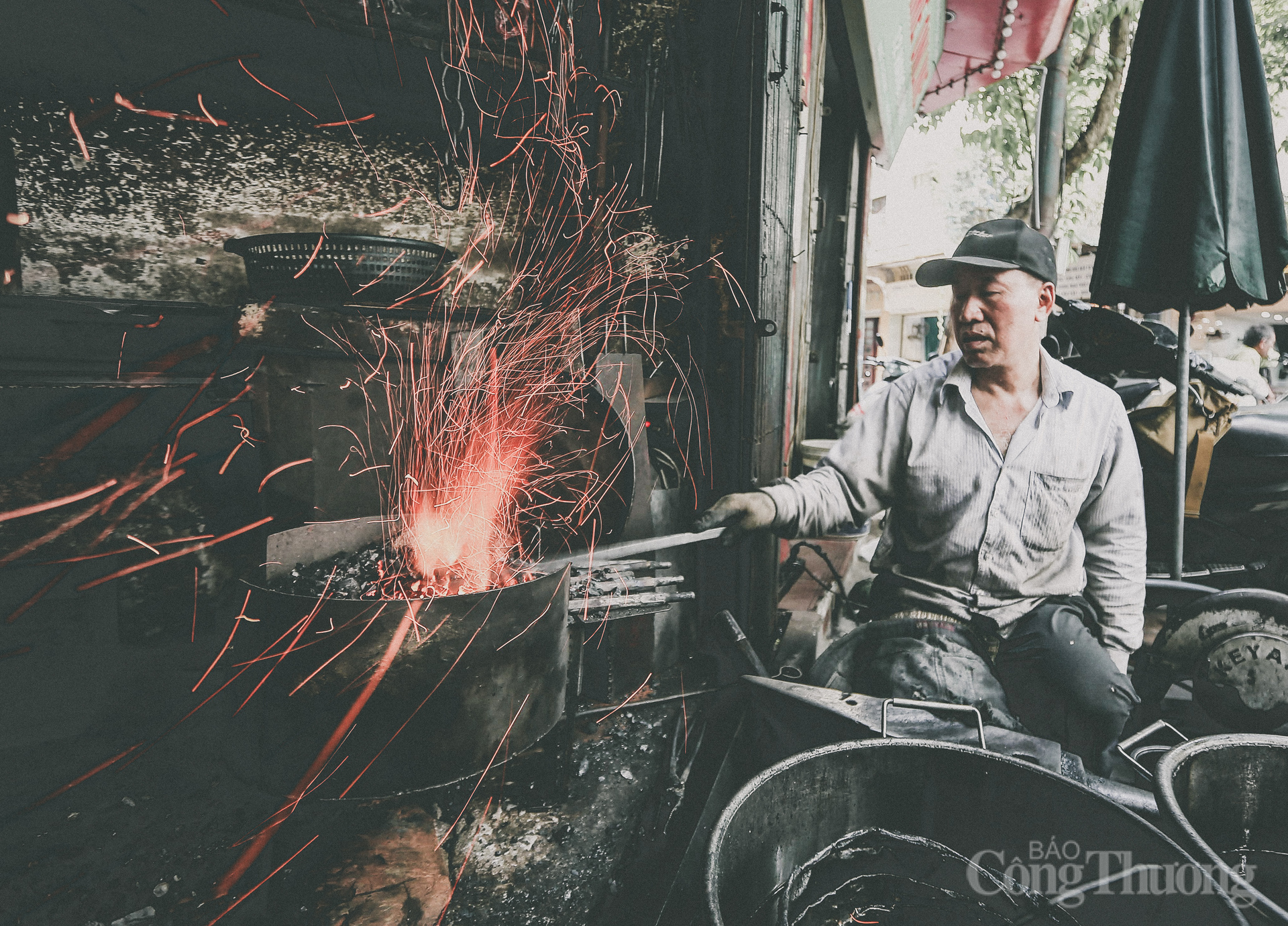
For blacksmiths, the craft not only requires physical strength and a steely resolve, but also dexterity and meticulousness so that each movement is graceful and highly precise.
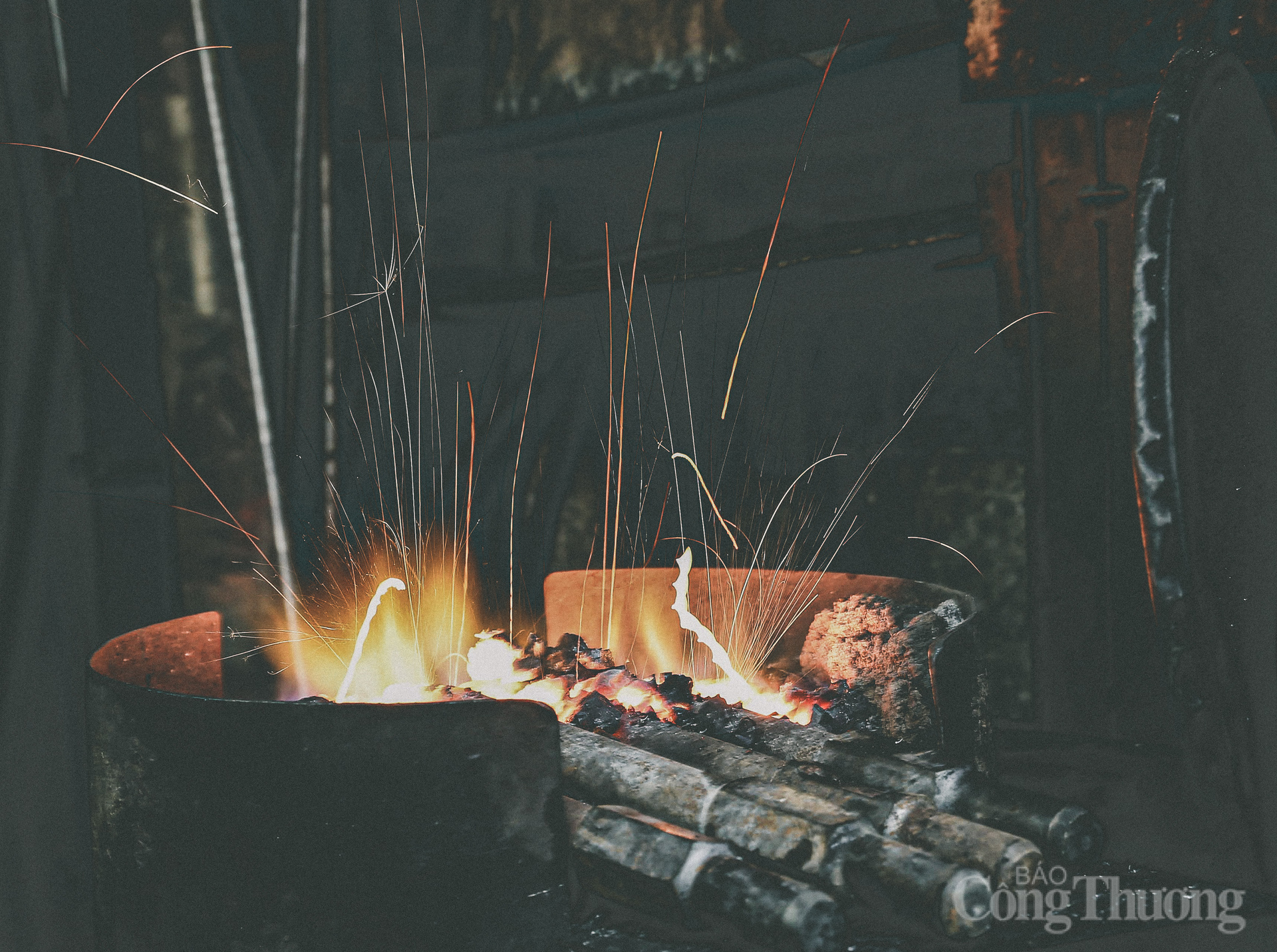
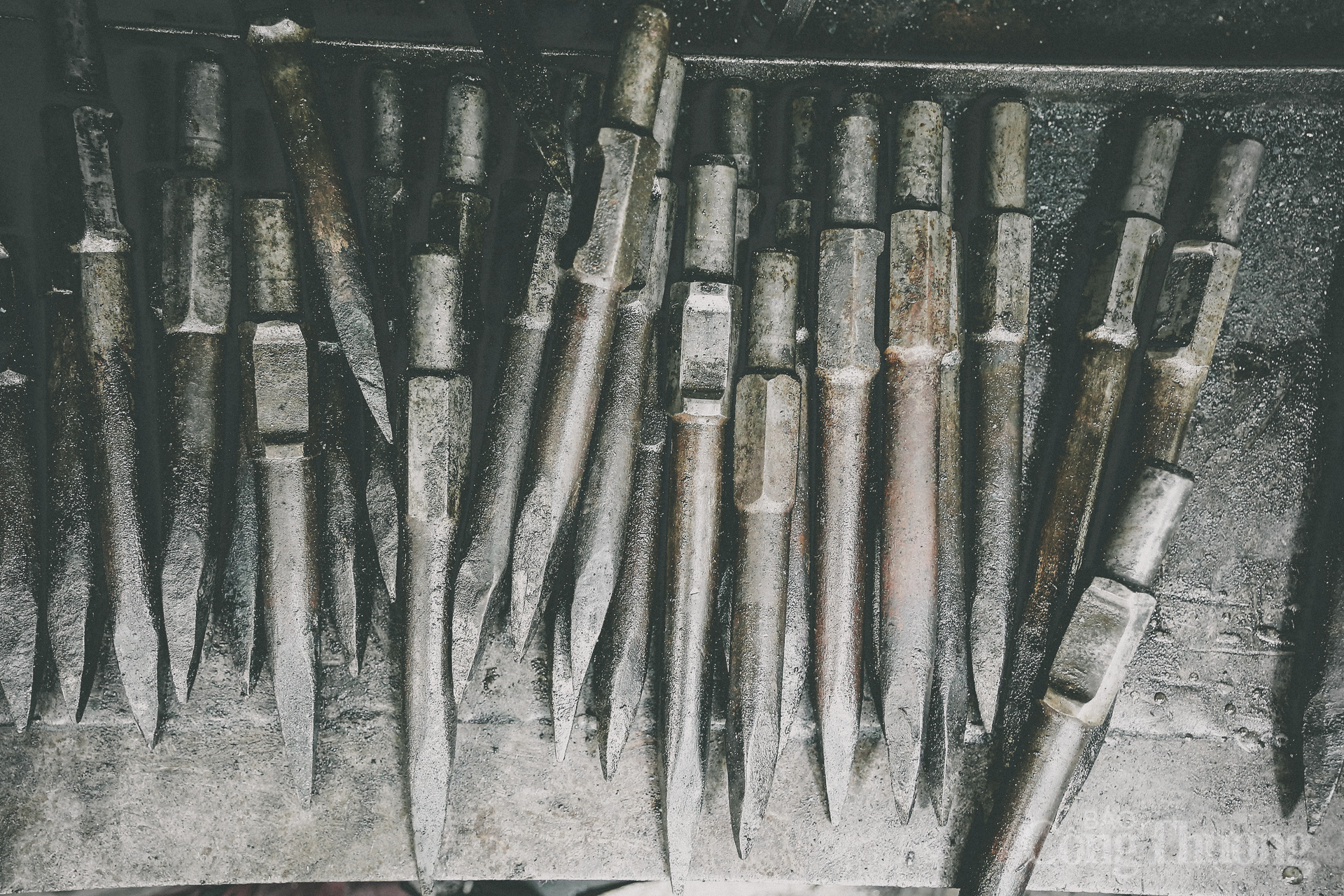
Sharing his story with the reporter, Mr. Huy, a regular customer, brought a worn-out drill bit to the shop. He said he had intended to spend millions of dong on a new one, but decided to ask Mr. Hung to take a look. After observing and working on it, Mr. Hung quickly repaired the drill bit. Mr. Huy couldn't hide his joy: "Thank goodness for Mr. Hung. Thanks to him, I saved millions of dong on buying a new one!"
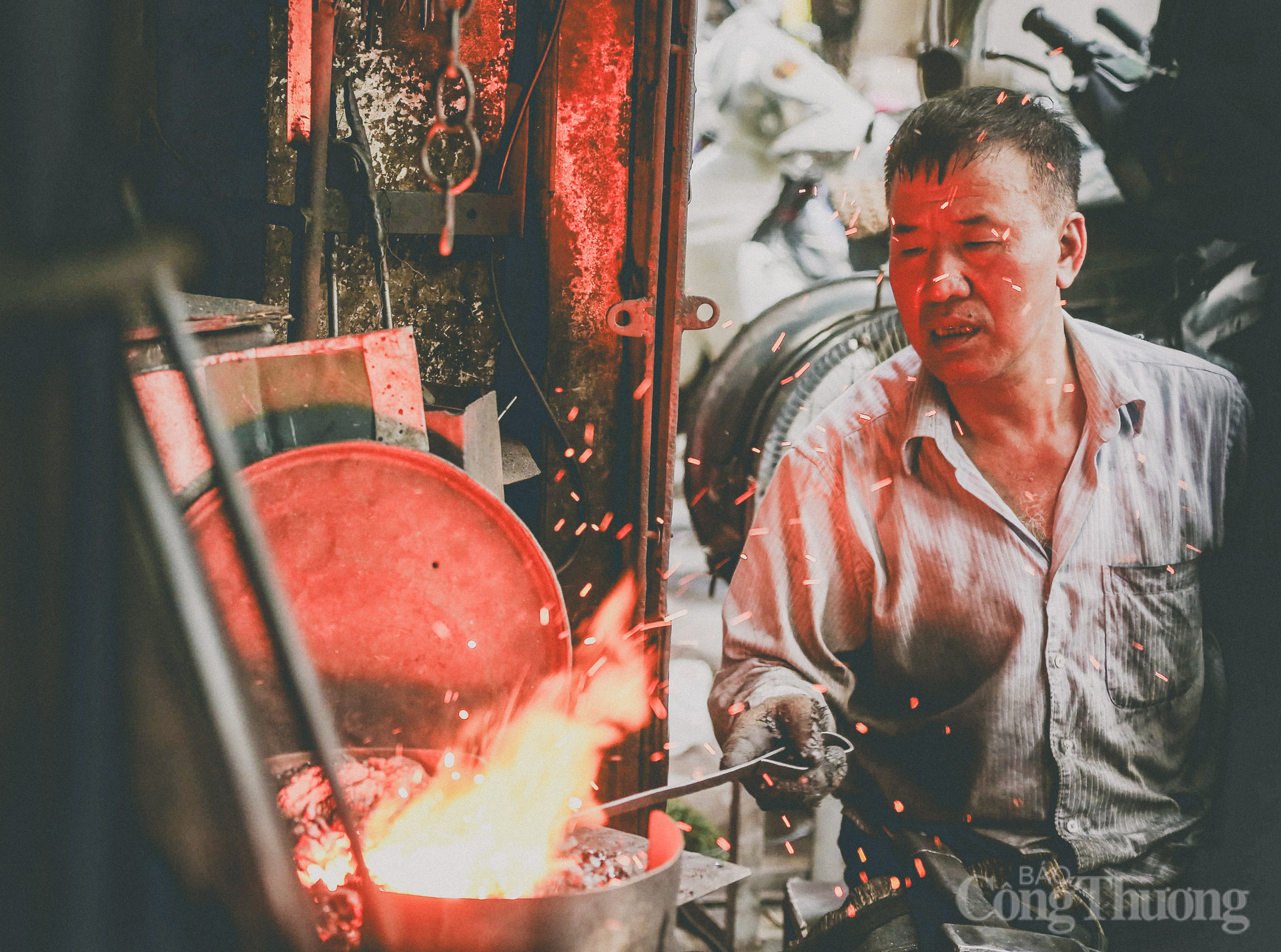
For decades, the blacksmith has watched his street change. People come and go, shops open and close... Every day, passersby see him diligently going about his work, seemingly oblivious to the world around him.
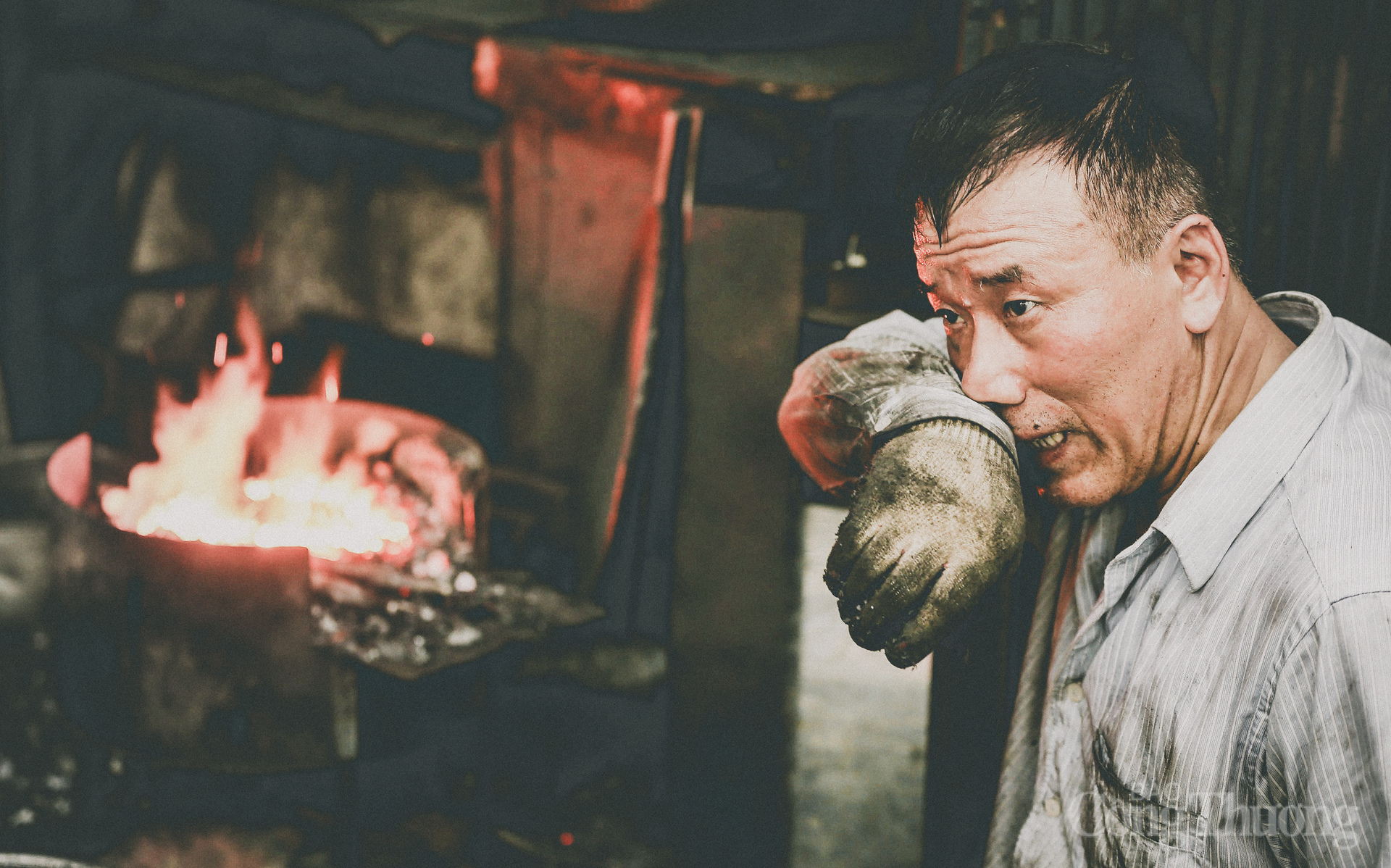
In this age of technological advancement, no machine can replace human hands, especially for jobs requiring skill and meticulousness like blacksmithing.
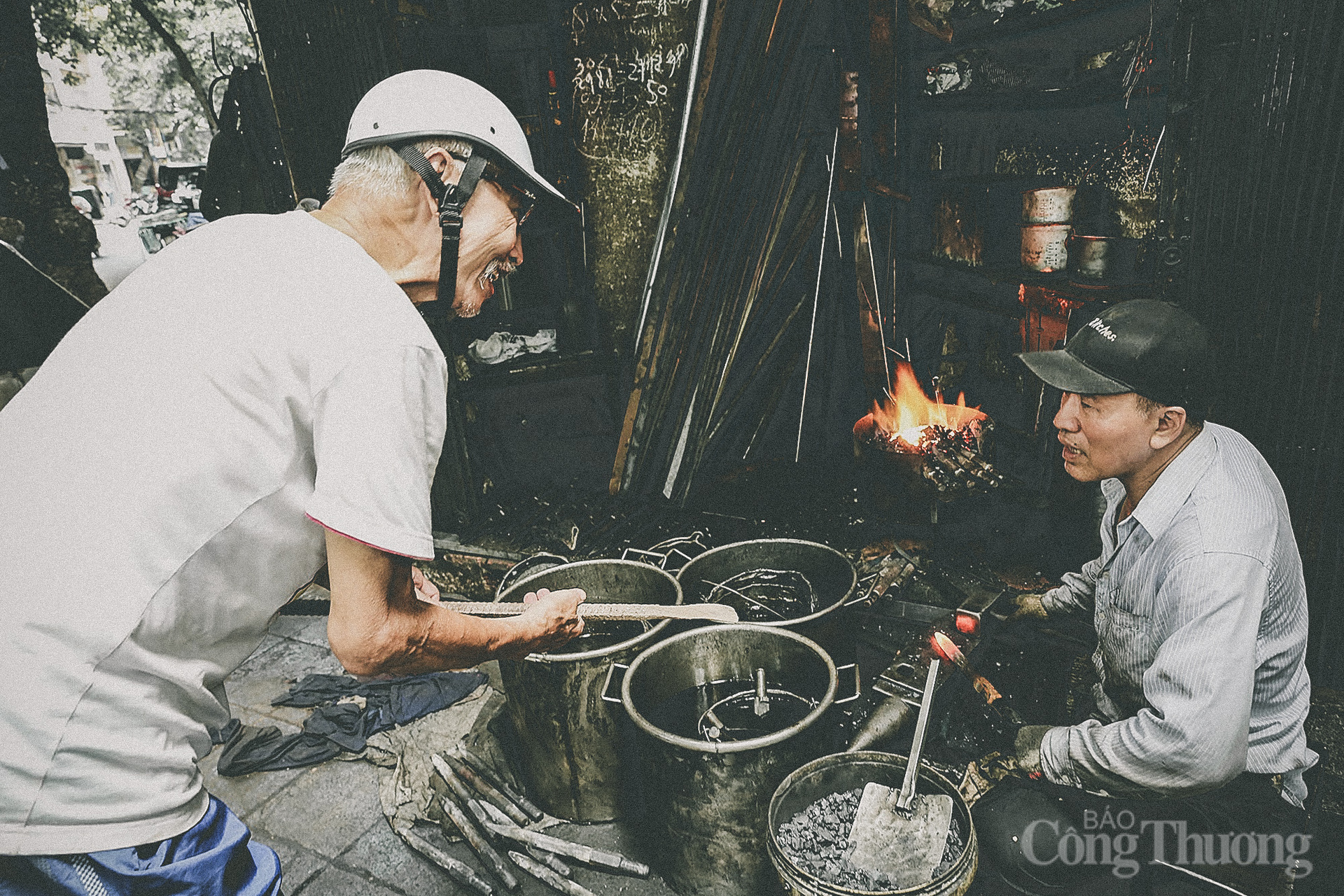
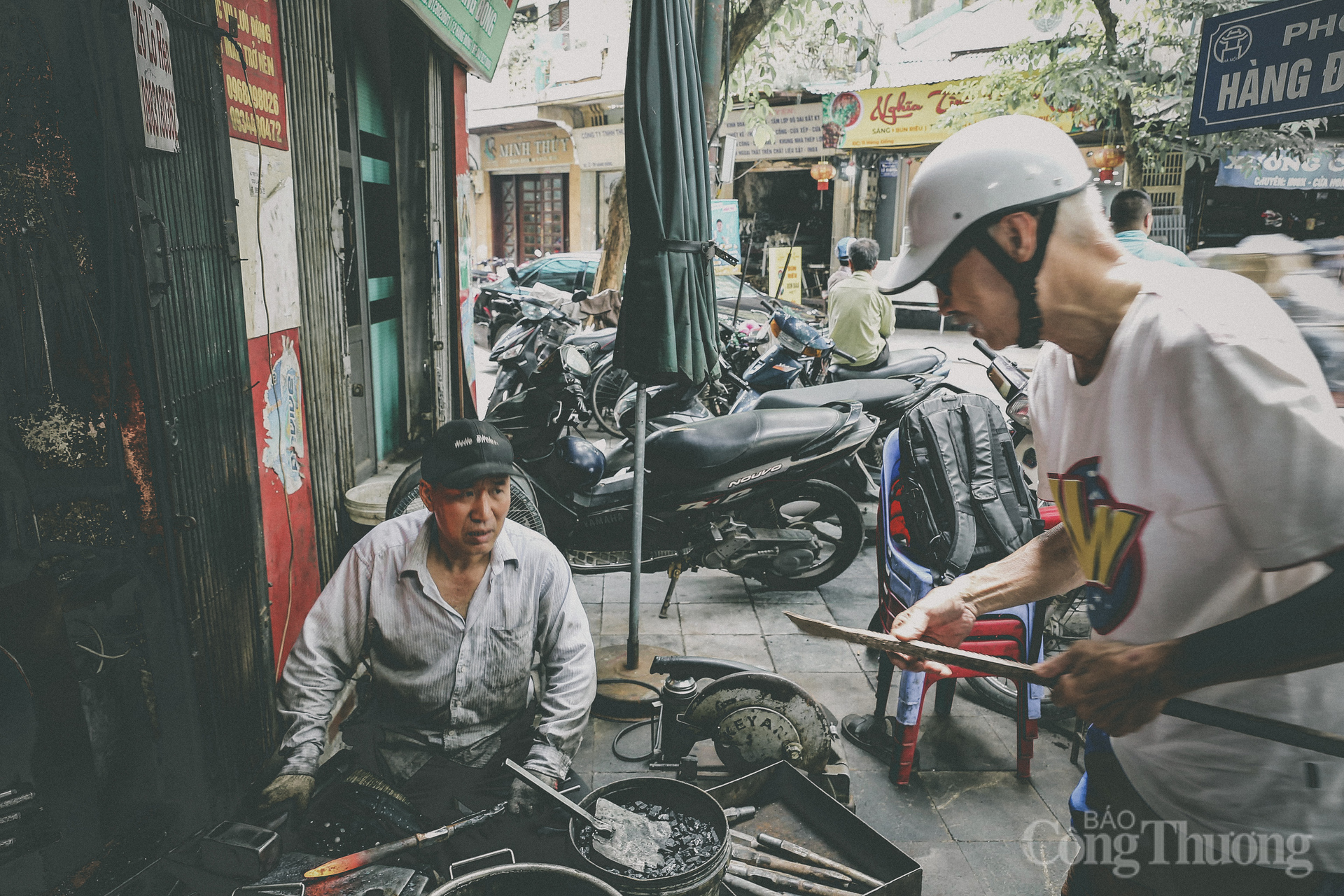
That's why, for more than ten years, when people need to buy or repair household ironware such as drill bits, scissors, screws, etc., many still turn to Mr. Nguyen Phuong Hung's blacksmith shop.
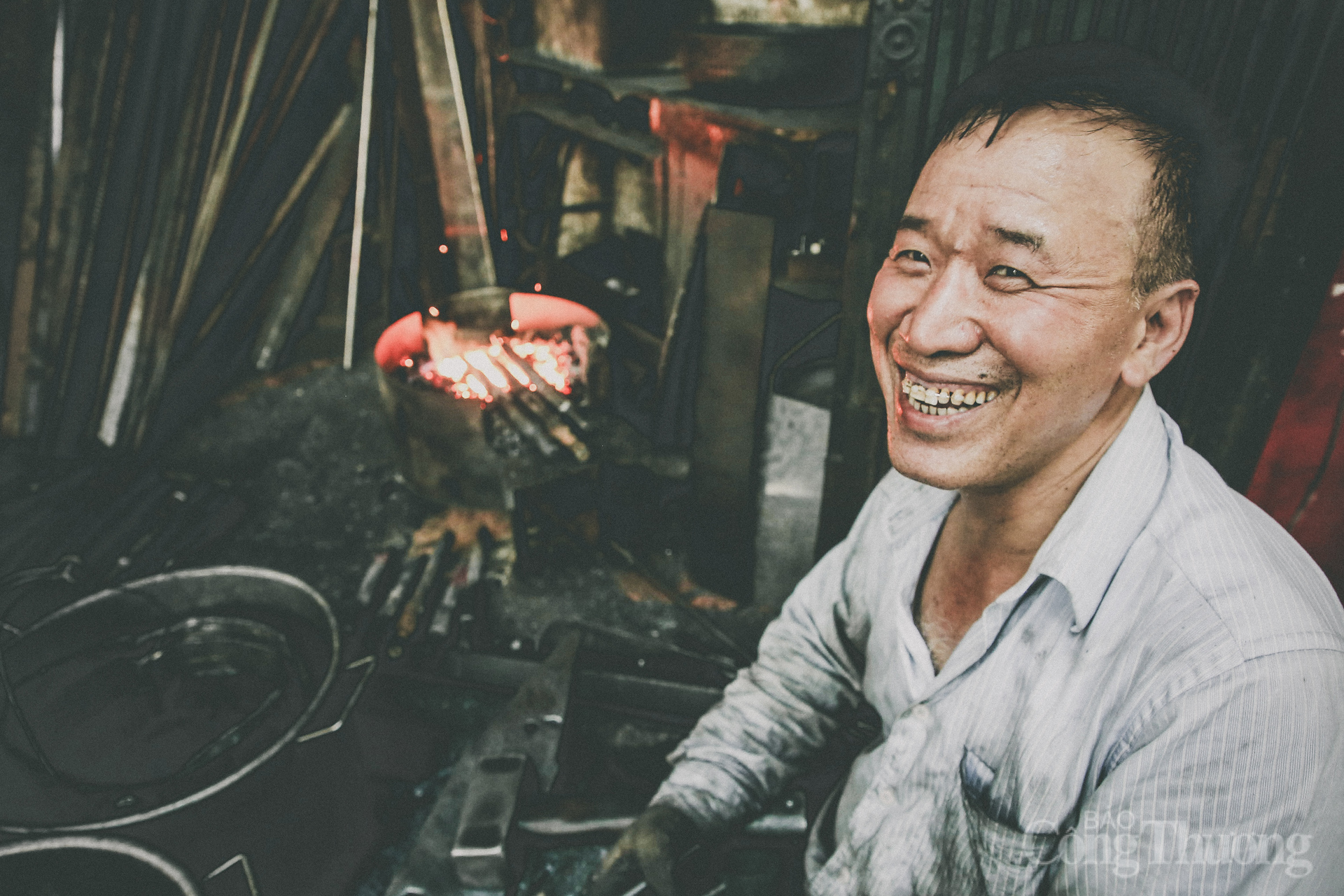
" Many people have come to learn this trade from me, but after a while they found it too difficult and gave up," Mr. Hung shared.
Source: https://congthuong.vn/nguoi-tho-ren-cuoi-cung-giu-lua-tren-dat-pho-co-lo-ren-426114.html


![[Photo] Closing Ceremony of the 10th Session of the 15th National Assembly](/_next/image?url=https%3A%2F%2Fvphoto.vietnam.vn%2Fthumb%2F1200x675%2Fvietnam%2Fresource%2FIMAGE%2F2025%2F12%2F11%2F1765448959967_image-1437-jpg.webp&w=3840&q=75)






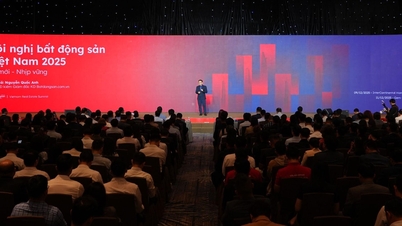

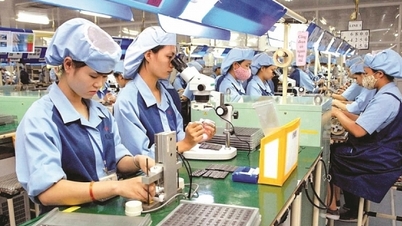


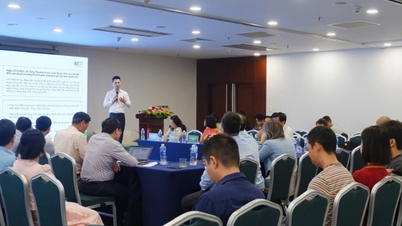









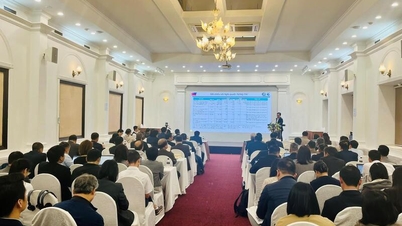




















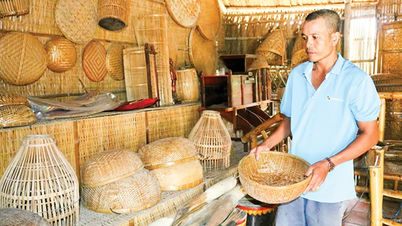




![[OFFICIAL] MISA GROUP ANNOUNCES ITS PIONEERING BRAND POSITIONING IN BUILDING AGENTIC AI FOR BUSINESSES, HOUSEHOLDS, AND THE GOVERNMENT](https://vphoto.vietnam.vn/thumb/402x226/vietnam/resource/IMAGE/2025/12/11/1765444754256_agentic-ai_postfb-scaled.png)





















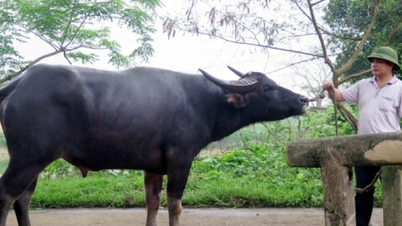









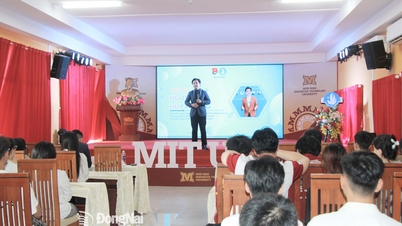

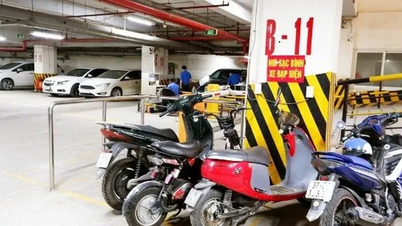


















Comment (0)